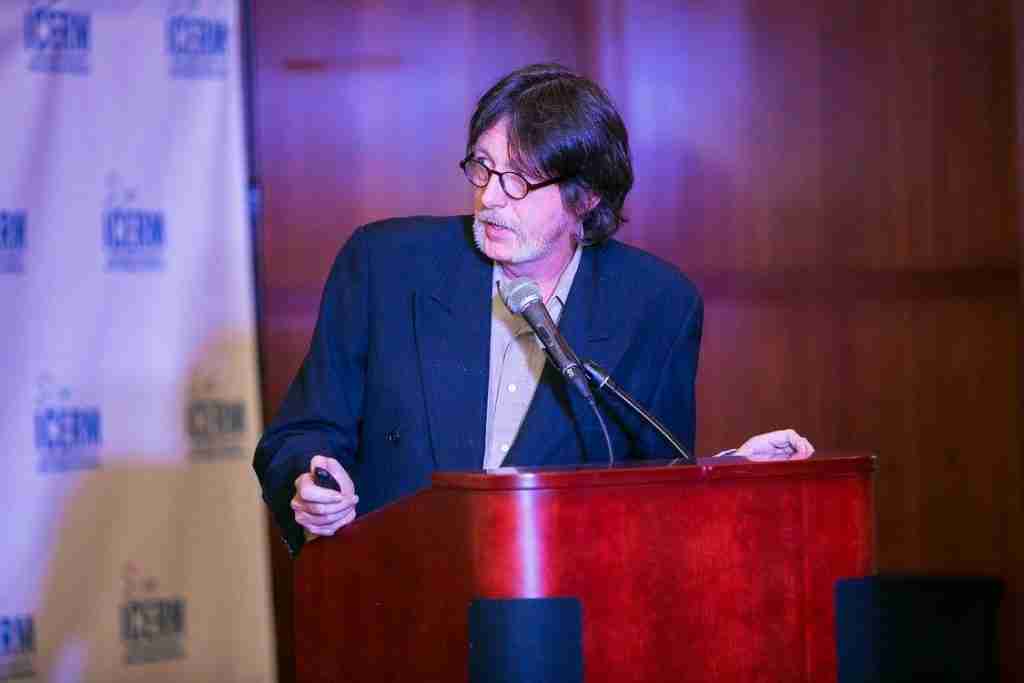Prevention of Violence and Discrimination against Religious Minorities amongst Refugees in Europe

On Thursday, October 3, 2019, one month before our 6th International Conference on Ethnic and Religious Conflict Resolution and Peacebuilding at Mercy College Bronx Campus in New York, Basil Ugorji, President and CEO of International Center for Ethno-Religious Mediation (ICERM), was invited to speak at the Parliamentary Assembly of the Council of Europe in Strasbourg, France, on “violence and discrimination against religious minorities in refugee camps across Europe.” Basil shared his expertise on how the principles of interreligious dialogue could be used to end violence and discrimination against religious minorities– including amongst refugees and asylum seekers – across Europe.
After the meeting, the Council of Europe followed up with Basil, confirmed their interest in his analysis and recommendations, and included his name on their roster of experts. On December 2, 2019, the Council of Europe adopted a resolution: “Prevention of violence and discrimination against religious minorities amongst refugees in Europe.” Basil’s contribution is integrated in the resolution and his name is also mentioned in it. To learn more about the resolution, click here.


